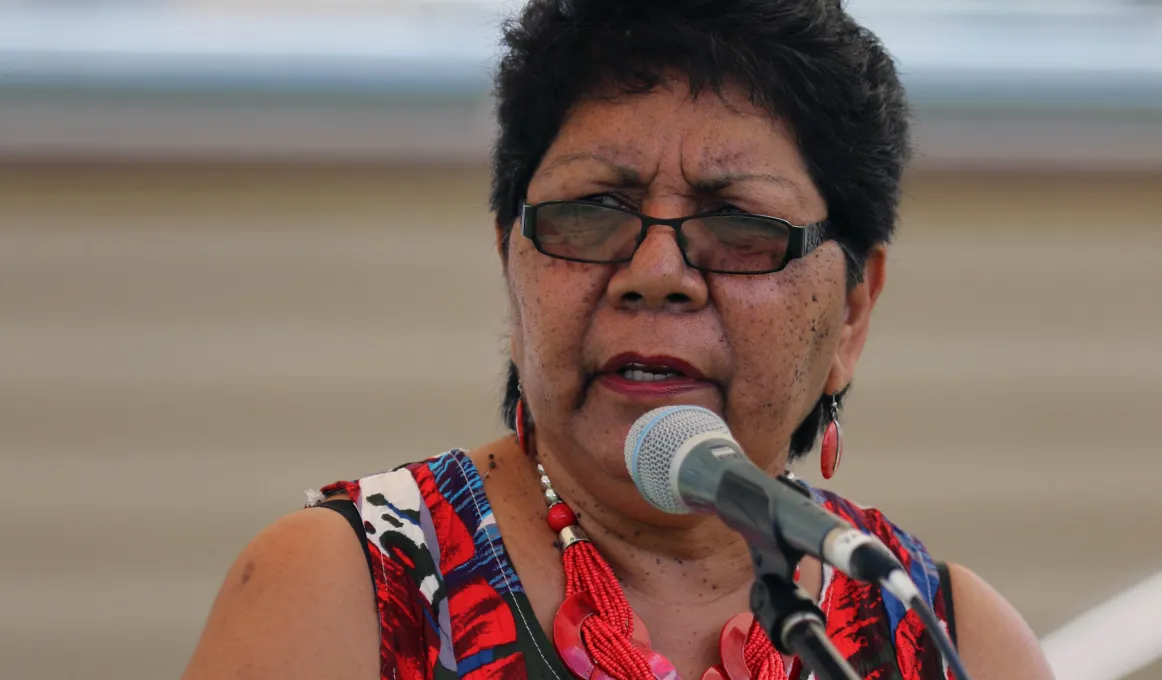National Sorry Day helping the healing journey

26 May is National Sorry Day, a day to raise awareness of the Stolen Generations and think about how you can support members on their healing journey.
While some members of the Stolen Generations face a lifetime of pain and trauma, we can support survivors in their healing journeys.
According to Florence Onus, Chair of the Healing Foundation’s Stolen Generations Reference Committee, observing National Sorry Day on 26 May is a way for us to show our support, while improving our understanding of the challenges faced by Stolen Generations members.
“National Sorry Day is an opportunity to bring focus on the Stolen Generations and unfinished business,” Florence said.
“Ever since the first Sorry Day in 1998 the Healing Foundation has been working with Indigenous and non-Indigenous people to raise awareness of the Stolen Generations and the ongoing support members need.”
With some families having experienced five or six generations of children removed from their parents, Florence, herself a member of the Stolen Generations, knows that some survivors need extensive, ongoing support.
“The healing journey is different for everyone, depending on their experiences,” Florence said.
“The journey could take a lifetime. Many who have faced sexual abuse or physical or emotional trauma in childhood foster homes live broken lives, surviving one day at a time and sadly nothing can repair the damage.
“However, there are things we can do. We need to establish healing centres to provide culturally appropriate healing programmes.”
Florence believes that non-Indigenous people can also play a practical role helping survivors of the Stolen Generations.
“It’s about making a difference in your own community,” Florence said.
“Get to know the Traditional Owners of your area and how you can help them. There are lots of Indigenous community groups that welcome non-Indigenous people willing to volunteer their skills or resources to help establish a local healing centre.”
Florence also considers education around the Stolen Generations vital for healing and reconciliation.
“Sadly, coverage of the Stolen Generations in schools is different from state to state; some states cover it in their school curriculum while others don’t mention it all,” Florence said.
“So we make sure that National Sorry Day involves educating people about the Stolen Generations and how there is still a lot of unfinished business we need to deal with.”
Find out more
Reconciliation involves all sectors of the community working together to achieve positive outcomes for all Australians. More information is at the Aboriginal and Torres Strait Islander Healing Foundation and Reconciliation Australia websites.